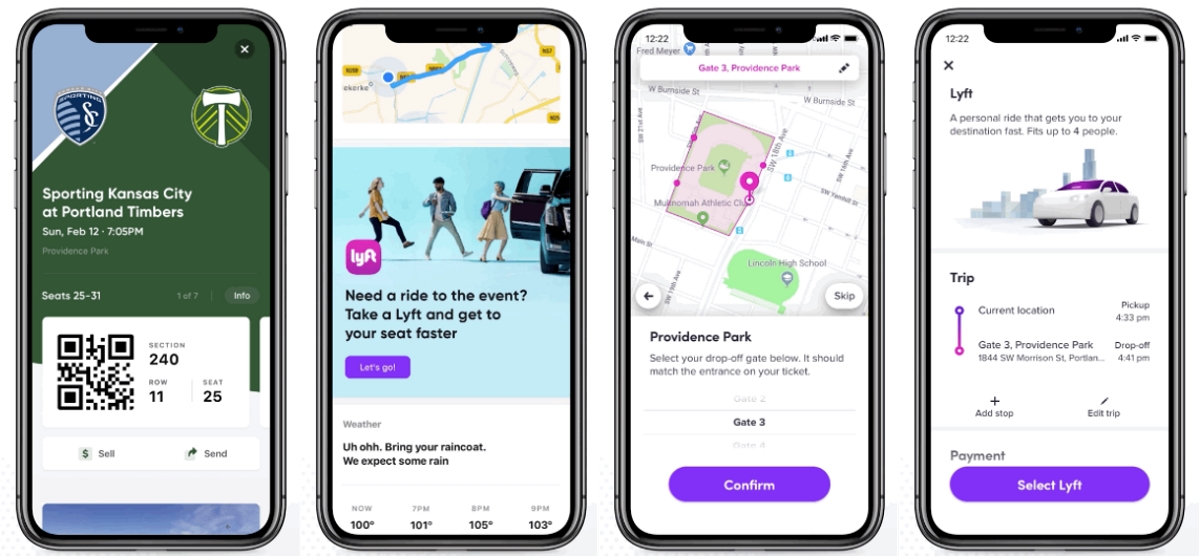Adjust report sheds light on app economy, and the size of the fraud problem
- Wednesday, May 15th, 2019
- Share this article:

Indonesia was the fastest-growing country for app marketers in 2018, followed by Brazil, Korea, Malaysia and Turkey. In terms of verticals, mid-core games experienced the biggest increase in traffic in 2018. Ride-share, ride-hail and taxi apps, along with sports games, also experienced huge increases in traffic. Video and streaming came in fourth place, followed closely by dating apps in fifth position.
The figures come from mobile measurement and fraud prevention firm Adjust’s Global App Trends report. They are based on anonymized data collected over 2018 across the top 1,000 best-performing apps on the company’s platform, spanning more than 7bn installs and 120bn sessions.
To calculate growth, Adjust used their total number of installs per month and divided them by monthly active users (known as MAU) for each country or vertical in its data set. This showed the rate of growth that apps receive from installs against their monthly active user base.
The data also shed light on retention rates and session data, which helps show if the strongest growing app categories are also the biggest crowd-pleasers. The report showed that overall, from Day 0 (date of install) to Day 1, apps lose on average, 69 per cent of all their users. From Day 1 to Day 7, on average, an app loses 79 per cent of its users. However, news (31 per cent) and comics (28 per cent) apps have the highest retention rates by Day 7 of install, each having around 2.2 sessions per day on average.
The trend continues with some gaming apps, which tend to have some of the highest churn rates between Day 1 and Day 7. For instance, Sports lose 18 per cent, and Mid-core Games lose 14 per cent of users. On average, Gaming apps lose 10 per cent of their initial user base between Day 1 and Day 7.
The report also reveals that fraud remains a serious issue for mobile marketers, with eCommerce, dating and banking apps the hardest hit. The report found that Adjust rejected just over 269m fraudulent installs in 2018. Click Injection accounted for almost half of these rejected installs with 48 per cent, followed by Click Spam (26 per cent), SDK Spoofing (17 per cent) and Fake Installs (9 per cent). (See here for an explanation of these terms).
“Ad fraud continues to be a black mark on the mobile industry the world over,” said Adjust co-founder and CTO, Paul H. Müller. “While dating, banking and shopping apps are most affected, that’s not entirely surprising – these apps have among some of the highest CPAs (Cost per Actions). It’s worth bearing in mind that fraudsters don’t discriminate by vertical, they just simply follow where the money is – and the larger the cost, the bigger the motivation for fraudsters to go after the app.”
You can download the full report here.
















